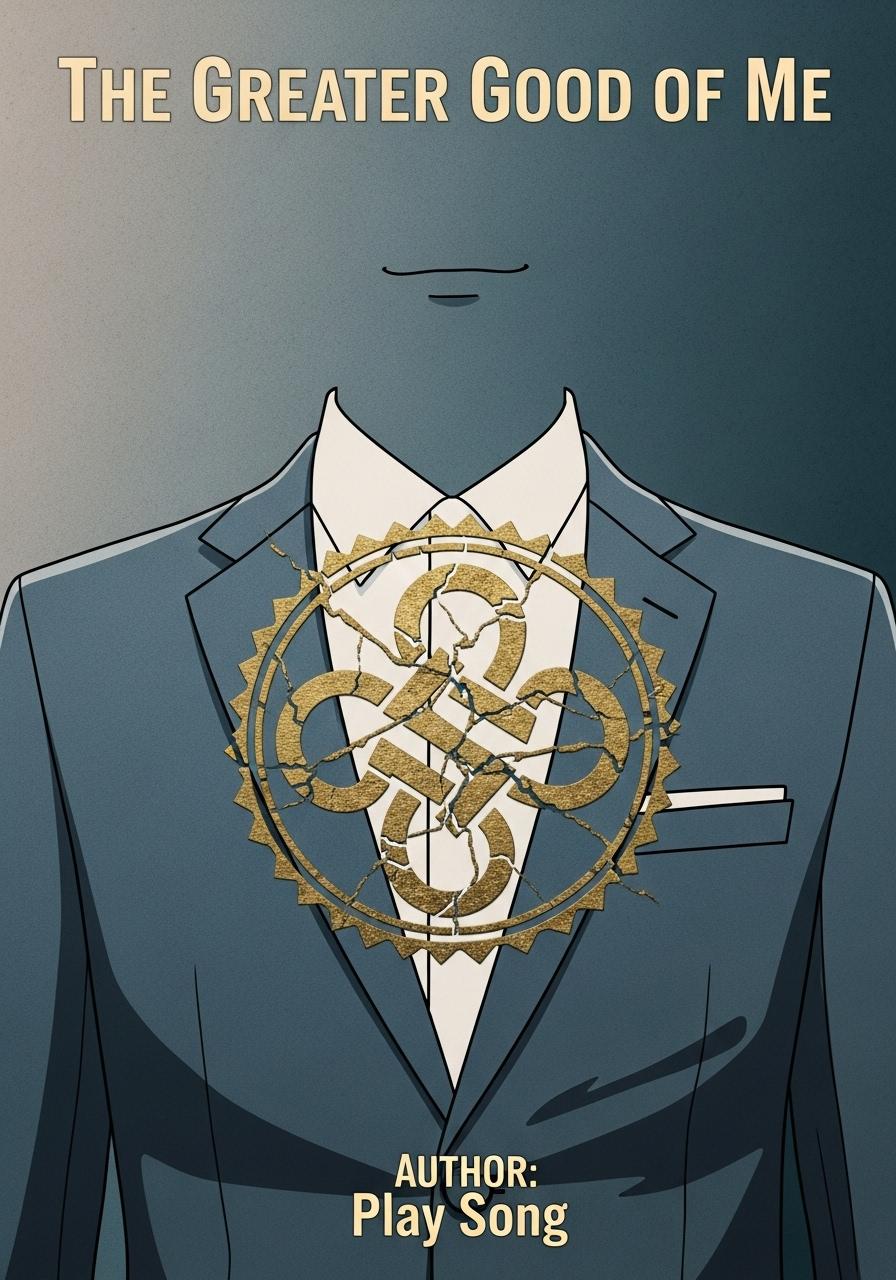
In a town where one man convinces everyone he's the heart of their community, every secret payoff and rigged contract becomes a noble act of public service. But what happens when his airtight excuses start crumbling under scrutiny from the one skeptic who sees through the facade? Can a master of self-deception keep fooling the world—or himself?